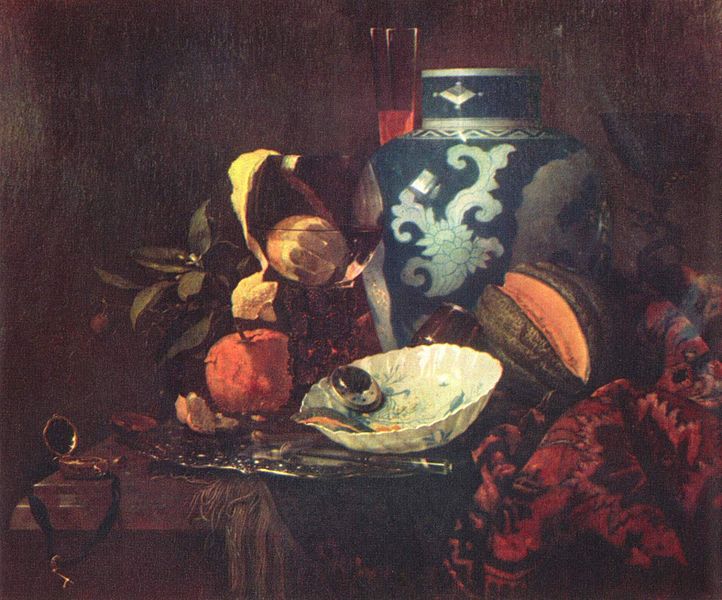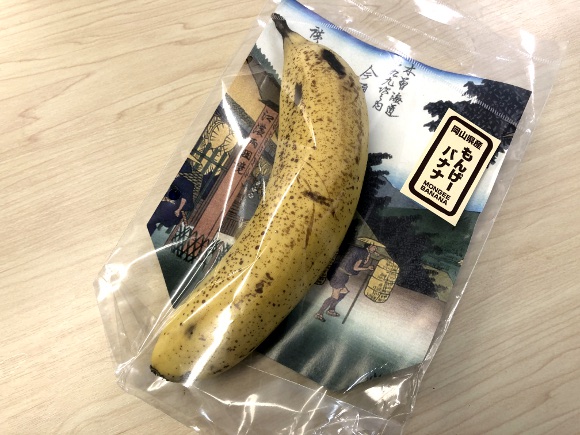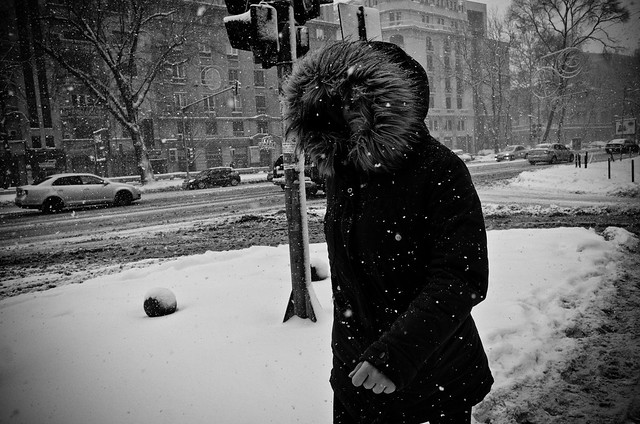After a short hiatus, Word Buzz Wednesday is back! Every week we bring you a roundup of some of the most interesting words of the week. The latest: combining work and pleasure, a disgusting scam, a useless pain.
bleisure
“Beyond the business and ‘bleisure’ travelers, the main reason visitors came to Boise were outdoor attractions – proximity to whitewater rafting key among them.”
Allison Maier, “It’s called ‘bleisure,’ and it’s a tourism mix that can be a boon for Boise,” Idaho Statesman, August 15, 2018
According to the Idaho Statesman, bleisure travelers are those “who make time for vacation activities” while traveling on business. The word is a blend of “business” and “leisure.”
vomit fraud
“It’s called ‘vomit fraud,’ a scam repeatedly denounced in social networks yet still taking place around the world.”
Catalina Ruiz Parra, “It’s called vomit fraud. And it could make your Uber trip really expensive,” Chicago Tribune, July 24, 2018
With vomit fraud, Chicago Tribune says, an Uber driver might claim a passenger has thrown up in their car — complete with fake photo as evidence — and attempt to charge said passenger a clean-up fee.
qurbani
“In some traditionally Islamic countries, families or groups of families may choose to purchase a sheep, goat or other livestock animal for what’s known as qurbani, an animal to be sacrificed, representing Ibrahim’s sacrifice of a ram in place of his son Ishmael.”
Steve Longo, “Eid al-Adha 2018: Everything you need to know,” The Daily Mail, August 21, 2018
The sacrificing of the qurbani traditionally occurs on Eid al-Adha, or the Festival of Sacrifice, an Islamic holy holiday celebrated by millions of Muslims around the world, says The Daily Mail.
dirty pain
“To take up the challenge of separating clean from dirty pain is a small but meaningful step in reducing suffering generally—most of all our own.”
Virginia Heffernan, “The Importance of Letting Go of So-Called ‘Dirty Pain,’” WIRED, July 26, 2018
Dirty pain, says CNN, refers to the pain associated with ruminating and worrying over an issue, rather than the issue itself. In other words, clean pain comes from a painful reality while dirty pain is from painful thoughts about that reality.
pronkstilleven
“These artists were masters of the Dutch still life paintings known as pronkstilleven.”
Jenni Avins, “17th-Century Dutch Painters Were the Original Instagram Influencers,” Quartzy, June 28, 2018
Pronkstilleven translates from Dutch as “showy still lives,” says Quartzy. The paintings aimed to visually convey “the social aspirations of their owners” and acted as “catalogues of what well-to-do families aspired to possess.”






